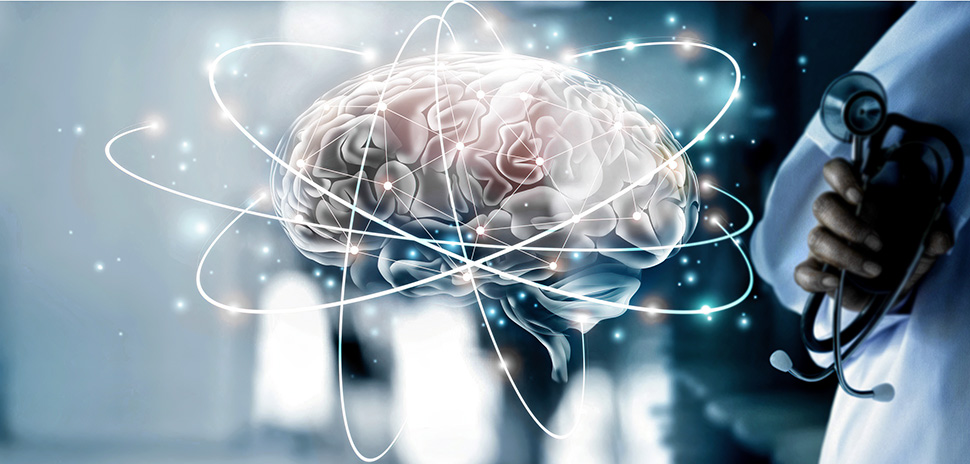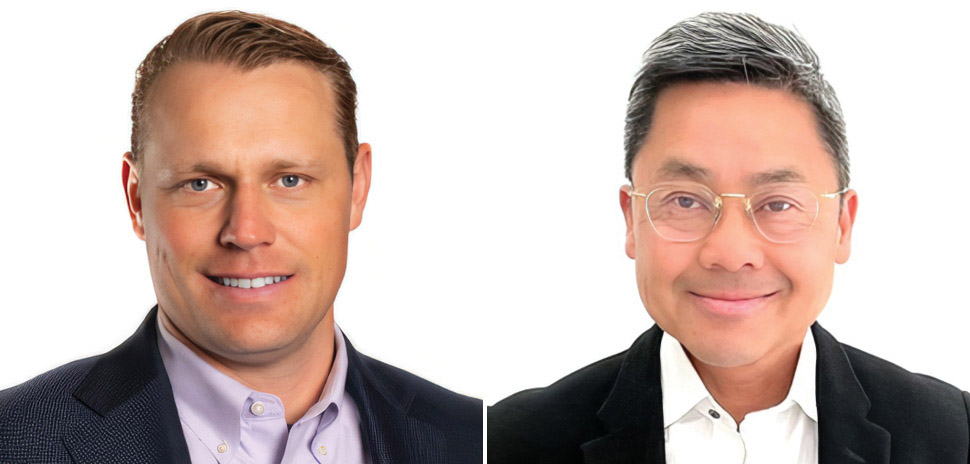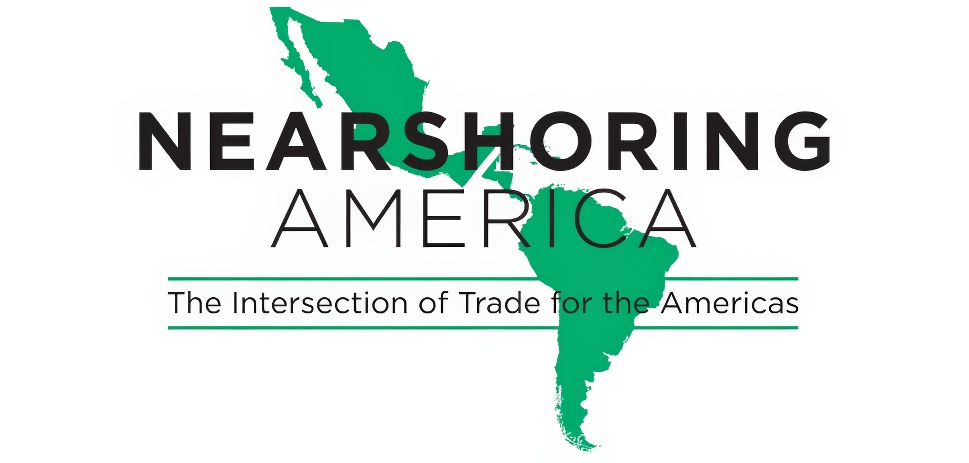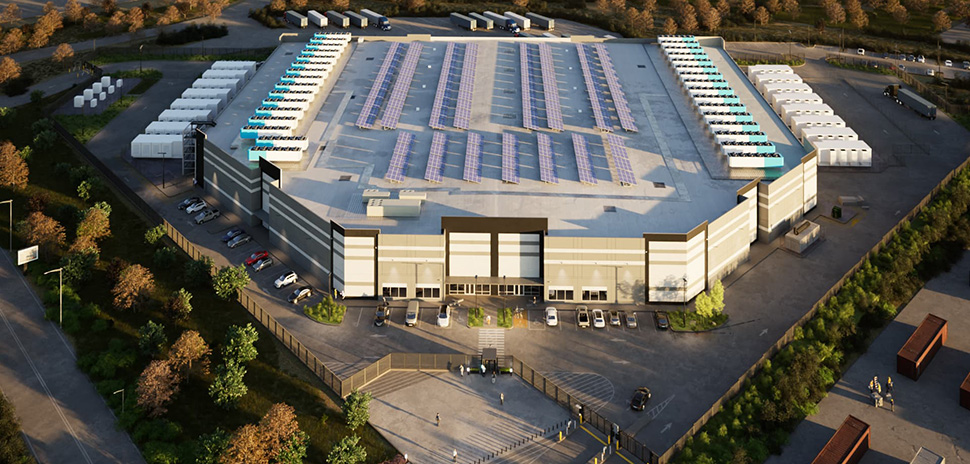Dallas-Fort Worth has a golden opportunity to lead the world in the 21st-century brain health revolution—but will it rise to accept it? There is a groundswell of innovation spanning precision diagnostics and treatment matching to economic policies and innovative investment models that put brain health at the forefront. Dallas is uniquely positioned to lead the way for the state, the country, and the world.
Meanwhile, seemingly out of nowhere, Davos, a small Swiss ski town, has come to lead the world in economic thinking as convener and host of the yearly World Economic Forum. This forum integrates the best from economics, finance, policy, and tech across public and private sectors. It fosters a collision of free and diverse thinkers that drive innovation in global business and public-private partnerships across all sectors. To get there, it took a galvanized effort with strong leadership to build and consolidate a new forum of this magnitude.
What does it take for a city to galvanize stakeholders to be a leader in brain health?
It needs a city with existing, intimately connected, brain health-aware and open-minded public, private, academic, and non-profit entities. It needs leading scientists, clinicians, economists, policy thinkers, businesses, and investors. It needs a city that has the motivation to engineer new local and regional policies and industries—a place that is warm and welcoming and can pull its weight in state, national, and global arenas.
Dallas has all of these qualities, and the recent completion of the $1 billion capital campaign for the O’Donnell Brain Institute shows there is major interest and momentum to be seized.
The problem
The 21st century has given rise to an alarming and unprecedented collision of “brain challenges” that we face as individuals, families, communities, and nations.
As our economy is becoming increasingly knowledge intensive, there is pressure to stay flexible, creative, curious, and motivated to keep up with changes in technology, globalization, and business practices. Indeed, the emerging cerebral economy has been labeled a “brain economy.”
Meanwhile, rates of depression and anxiety are rapidly rising. Social media and gaming are generating serious psychological challenges for our youth, including computer addiction, body image- and eating disorders. Rates of dementia are on the rise due to population aging. We are increasingly understanding the negative effects of air pollution and microplastics on our delicate brains. Deaths of despair, such as from opioid overdoses and alcoholism, are reducing our life expectancy here in the United States for the first time in decades. COVID-19 brain fog is plaguing many individuals.
Our health system can’t keep up with the demand for mental health and brain health care. As a result, brain and mental health often go unaddressed until they result in a crisis scenario.
Internationally, in the context of the global pandemic, the situation is even worse. There are major losses in educational attainment among children due to COVID-driven remote learning, with fears of a “generation lost” globally. Pandemic-driven depression is driving labor shortages. Misinformation in our media sources and a growing “infodemic” are creating confusion and friction as people struggle to differentiate between fact and fiction. Cybercrime rates are increasing as more people move their lives online.
Further, these developments lead to difficulties in recruiting service members who are fit for duty mentally and physically and breed domestic radicalization, resulting in national security risks. In summary, all of these issues contribute to serious societal despair and devastation. From an economic perspective, they are creating productivity challenges for our economy, sapping billions of dollars every year.
We suggest there is a current “Brain Capital Gap” occurring at different levels: within populations and between populations and society. Current inequalities will be exacerbated by the status quo. That is, individuals with lower Brain Capital are at higher risk of job loss, which creates a negative spiral of loss of purpose, economic hardship, depression, and anxiety. Taken together, these make upskilling and reskilling more difficult.
The opportunity
Encouragingly, our understanding of the brain has never been better, and there is much promise for more brain science breakthroughs in the coming years. Advancements in imaging, biomarkers, neurologic, and genetic functioning are rapidly evolving, and what once seemed out of reach is becoming a reality. Collectively, these innovations offer new opportunities to understand and tackle some of the most pressing brain challenges, including holistic and durable approaches to prevention, diagnosis, and treatment of a range of brain conditions. There is hope—but we must step up to the plate and seize the moment together.
The solution
To solve these challenges we must galvanize and unite innovative solutions comprehensively. They can’t be narrow “point” solutions. They must be a comprehensive and strategic mosaic of solutions that are integrated to tackle the brain crisis and create lasting positive change. These solutions must be actionable, systemic, and sustainable. For example, we need more effective medications and early biomarkers to appropriately diagnose and react to emerging challenges, we need more investment in brain-directed innovation, and we need policies to better optimize the benefits of technology and social media while reducing the downsides.
To be successful, we must smash the silos between disciplines (e.g., scientists, investors, policymakers). In the U.S., certain cities have established themselves as leaders of these individual facets. Silicon Valley is leading in tech, New York is leading in finance, Washington, D.C., is leading in policy, Boston is leading in biotech and pharma. Yet, no city is actively integrating and uniting industries to create the convergent solutions we need.
Dallas and the broader North Texas region are uniquely positioned to overcome this “silo mentality” by leading a creative and systemic approach directed at our world’s greatest need.
Dallas as a leader in the brain economy
Dallas and Texas have already started siphoning off talent and businesses from coastal states, and brain health talent is no exception.
As such, Dallas and North Texas boast all the components necessary to lead the brain revolution. It has powerhouse institutional expertise in neuroscience, mental health, heart health, physical fitness, and longevity, as well as economic and financial expertise. Beyond these powerhouses, it has novel approaches to funding to drive innovative ecosystems and experience in establishing global leadership.
Further, to advance this work, the Meadows Institute and the Center for BrainHealth have recently collaborated with a new Organization for Economic Co-Operation and Development (OECD)-based Neuroscience-inspired Policy Initiative. The OECD is based out of Paris, France, and is a 38-member country and international organization specializing in economic policy. This initiative is pioneering a new asset called Brain Capital which could create the building blocks for shaping a new economy.
Brain Capital was also recently noted by a group of financial executives as an emerging investment opportunity with the potential to solve existential brain challenges spanning neurology, mental health, education, workforce development, and neuroscience.
Dallas has the requisite expertise and energy. It has resources and creativity and can weave together multiple stakeholders. The time is now for Dallas to step into the opportunity and lead the way for our nation and our world. Our “brain infrastructure”—our grit, resilience, creativity and productivity—can be a new vector for competitive advantage. International example blueprints are available, but aren’t all things bigger and better in Dallas? We just have to rise and accept the challenge.
Exemplary models to learn from include: the WHO Healthy City model; the 2008 United Kingdom Government study on Mental Capital and Wellbeing; the Weill Neurohub, which is aligning neuroscience expertise between the University of California San Francisco, the University of California Berkeley, and the University of Washington; the Lone Star Challenge, which was awarded to the Meadows Mental Health Policy Institute for depression reduction in North Texas (and which involves collaborations with Harvard University’s Institute for Global Health and Social Medicine); and the Department of Veterans Affairs Suicide Prevention Grand Challenge.
To pull this off, it will take a village. Let’s have it be ours.
A recent Freakonomics podcast asked the question “Why is everyone moving to Dallas?” Let’s answer by saying: “It’s leading a brain revolution—creative and on the frontier.”
Dr. Eyre would like to thank Bill Sproull; Eric W. Bennett; Debbie Beck, EdD; Alyssa Dietz, Ph.D.; Erin Smith; Julie Fratantoni, Ph.D.; Andy Keller, Ph.D.; Gagan Wig, Ph.D.; Sebastian F. Winter, MD; and Sandra Bond Chapman, Ph.D., for their insights and assistance.
Dr. Eyre would also like to thank the following Texans for their inspiration and advice on this thesis: Phil Ritter; Ruth Fitzgibbon; Matt Crommett; Ambassador Jeanne Phillips (Rtd.); Debbie and Jim Francis; Ken Hersh; Carole Young; Cullum Clark, Ph.D.; Jean Ann Brock; Daniel Krawczyk, Ph.D.; Ka Cotter; Admiral Bill McRaven (Rtd.); and Georgeann McRaven; Ethan Powell; Tom Luce; Lyda Hill; Lili Clark; Madhukar Trivedi, MD; Peter and Jennifer Roberts; Bill Dauer, MD; Coby Chase; Becca Brune; Maureen and Jim Hackett; Stephen White, JD; Col. Geoff Ling, MD, Ph.D. (Rtd); Brendan Minister; Don Chapman; Jordan Cowman; Kusum Das; and Alex Radunsky, Ph.D.
Authors
Harris Eyre, MD, Ph.D., is co-lead of the OECD-PRODEO Institute Neuroscience-inspired Policy Initiative (NIPI), Senior Fellow for Brain Capital with the Meadows Institute, and lead editor of “Convergence Mental Health” published by Oxford University Press.
Sanjiv Das is a senior financial and business executive and advisor to the Center for BrainHealth at UT Dallas.
Kacie Kelly is chief innovation officer, Meadows Mental Health Policy Institute; former director of health & wellbeing of the military service initiative at the George W. Bush Presidential Center; and former national director of public-private partnerships in suicide prevention at the Department of Veterans Affairs.
![]()
Get on the list.
Dallas Innovates, every day.
Sign up to keep your eye on what’s new and next in Dallas-Fort Worth, every day.



































































